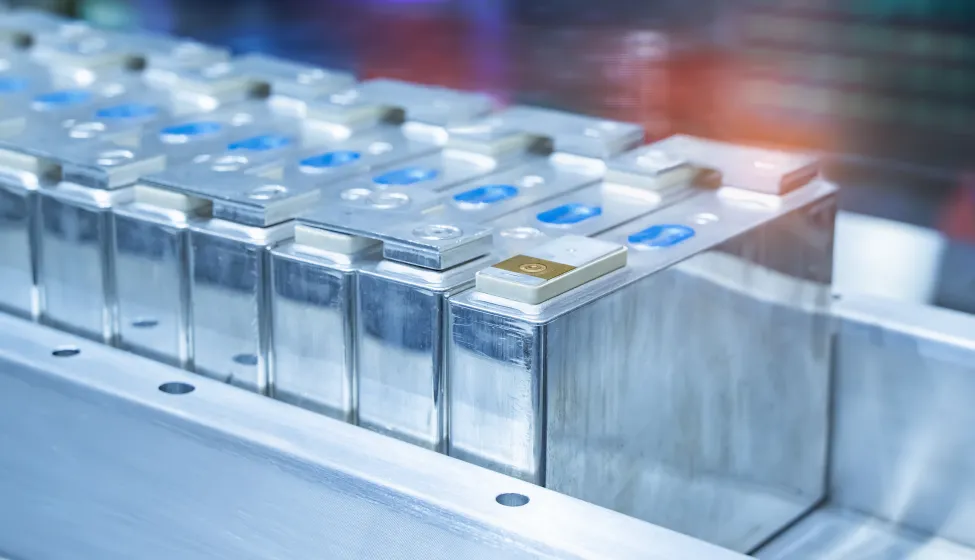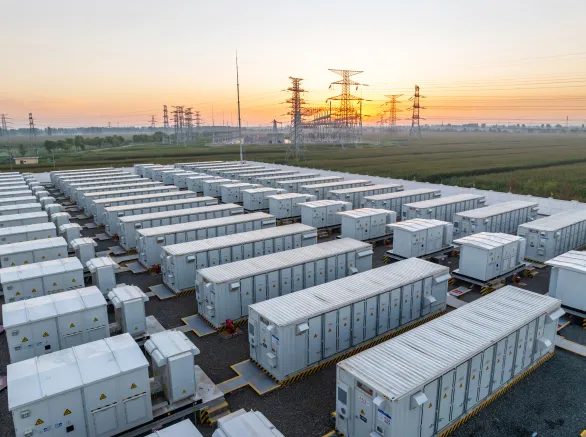September 29, 2025
The race for next-generation battery technologies could create low-cost energy storage and more sustainable supply chains. However, fast-paced development also brings the risk of innovation outpacing safety. Some emerging cell chemistries, such as alkali-metal anodes, solid electrolytes, and earth-abundant cathode materials, pose new, unique considerations relative to thermal runaway, toxic gas emissions, and fire hazards compared to conventional lithium-ion batteries, especially when these chemistries are subjected to various thermal, mechanical, and electrical abuse conditions.
In an article released by Nature, "Addressing the safety of next-generation batteries," Exponent's Ryan Spray, Ph.D., and co-authors from industry and academia provide a broad perspective on the safety challenges and opportunities associated with these next-generation battery technologies. The authors explain how safety must evolve and be treated holistically, from manufacturing through end-of-life, encompassing considerations such as:
- Safety challenges: Next-gen batteries behave differently, presenting unique hazards and faster reactions, requiring the need for tailored safety tests.
- Abuse tolerance: Addressing safety beginning with the cell level is critical, accounting for materials' behaviors, operating history, and thermal stability.
- Risk mitigation: Approaches that support design optimization can include better interfaces, stronger separators, solid electrolytes, and built-in fail-safes.
- Testing standards: Current Li-ion tests don't completely fit next-gen cells; updates will need to cover emissions, dendrites, and faster failure modes.
Dr. Spray and his co-authors call for collaborative efforts across the battery community to refine safety practices and develop open-access data repositories and benchmarks for next-generation cells against Li-ion batteries to accelerate their safe deployment. They propose that focusing on the technologies closest to large-scale rollout, e.g., Na-ion and sulfide solid-state, could help close critical gaps that may impact consumers soon. They also emphasize the need for targeted research to inform first responders and improve emergency protocols for battery-related incidents.
This work is part of Exponent's involvement with the National Renewable Energy Laboratory (NREL) and University of Texas, Austin, in the EVs4All Program for the U.S. Department of Energy. The goals of the program, likely to be completed in 2026, are to advance laboratory-scale next-gen battery chemistries to commercially relevant formats while evaluating the safety of such cells and systems.

From the publication: "OEMs need to be well informed about the abuse tolerance and hazards of next-generation cells. With this awareness, OEMs can make informed decisions when balancing cost, energy density, power density, and safety in their designs."


